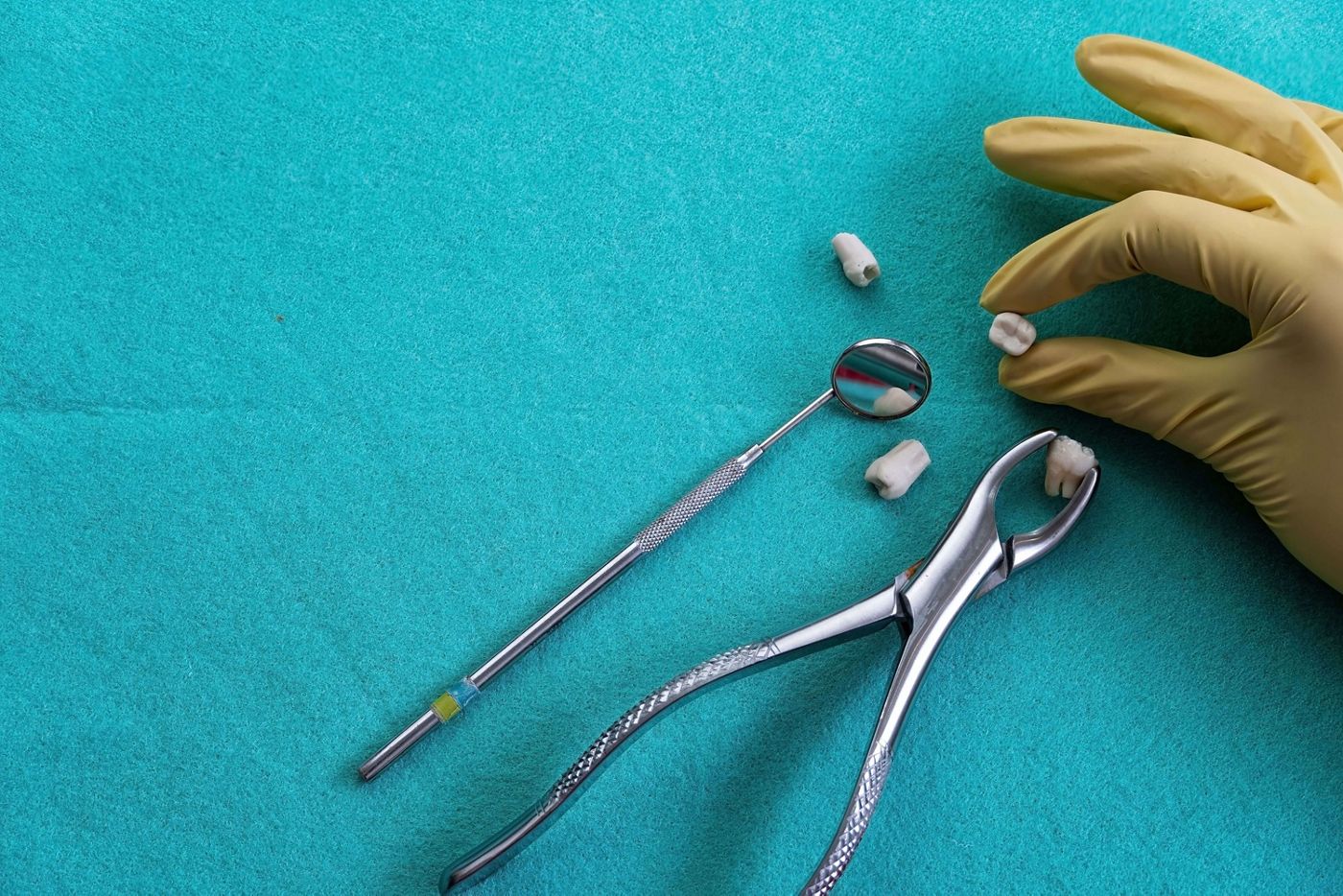First night after tooth extraction
Experiencing a tooth extraction can be a daunting process, and the first night post-procedure is crucial for recovery.
Understanding what to expect and how to manage pain, swelling, and potential complications is essential for a smooth healing process. This comprehensive guide will help you navigate the first night after tooth extraction, ensuring you take the right steps for a quick and comfortable recovery.
Reading time: 4 minutes

What to expect the first night after a tooth extraction?
In the first few hours post-tooth extraction, it's normal to experience some bleeding and pain. Applying gauze to the extraction site and using prescribed pain relievers can help manage these symptoms. Expect a certain degree of discomfort and plan to rest.
Avoid any strenuous activity to prevent further bleeding or swelling.
How to deal with immediate post-extraction symptoms?
After a tooth extraction, it's common to experience some bleeding, pain, and swelling.
- Initially, bite down gently but firmly on the gauze pad placed by your dentist, changing it every 30 to 40 minutes.
- Avoid rinsing, spitting, or sucking actions for the first 24 hours to protect the blood clot forming in the tooth socket. Slight bleeding, oozing, or redness in the saliva is not unusual.
- For pain management, follow your dentist’s prescription or use recommended over-the-counter pain relievers.
Managing pain and swelling the night after tooth extraction
To manage pain, adhere to your dentist's instructions regarding pain medication. Over-the-counter painkillers like ibuprofen can be effective.
To reduce swelling, apply a cold pack to the cheek near the extraction site for 10 minutes at a time. Elevating your head with extra pillows can also help reduce swelling.
How to sleep the first night after tooth extraction
To reduce swelling, sleep with your head elevated above your heart. Use extra pillows to prop yourself up. Avoid sleeping on the side of your tooth extraction, if possible, to prevent putting pressure on the affected area.
What are the signs of infection after a tooth extraction?
Be vigilant for signs of infection such as excessive or prolonged bleeding, severe pain that doesn't subside with medication, swelling that worsens after 2-3 days or a fever.
If you notice any of these symptoms, contact your dentist immediately.
What should you eat and drink the first night after tooth extraction?
Stick to soft, easy-to-chew foods like yoghurt, pudding, or soup. Cold foods like ice cream can also help soothe the extraction site. Stay hydrated with plenty of water but avoid using a straw as the sucking motion can dislodge the blood clot forming at the extraction site.
Read our in-depth article if you´re uncertain about how long after the tooth extraction you can eat.
What should you avoid the first night after tooth extraction?
- Avoid hot foods and beverages, as these can increase bleeding.
- Don't consume alcoholic, caffeinated, carbonated, or hot beverages for at least 24 hours.
- Refrain from smoking or using tobacco products, as these can impede the healing process.